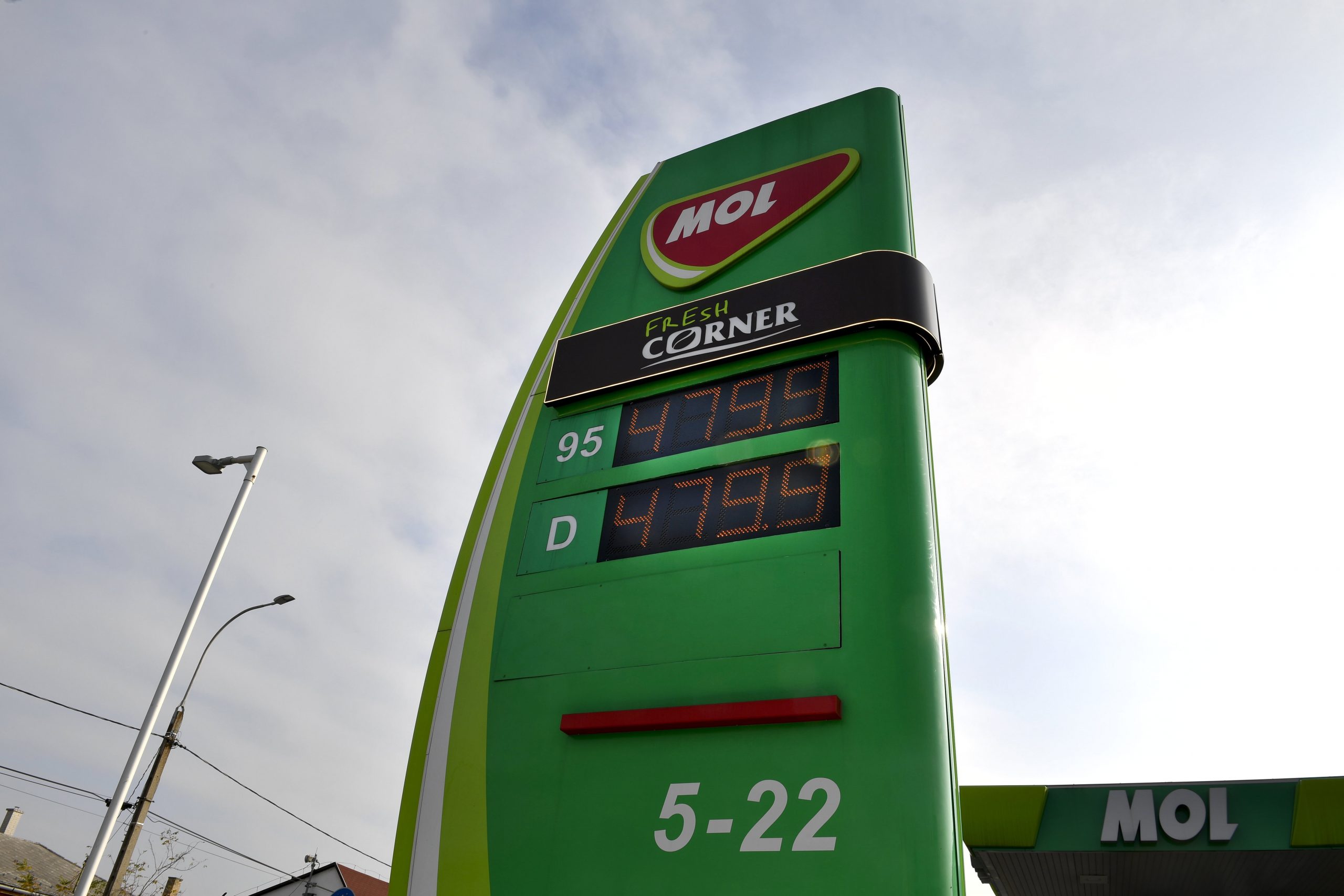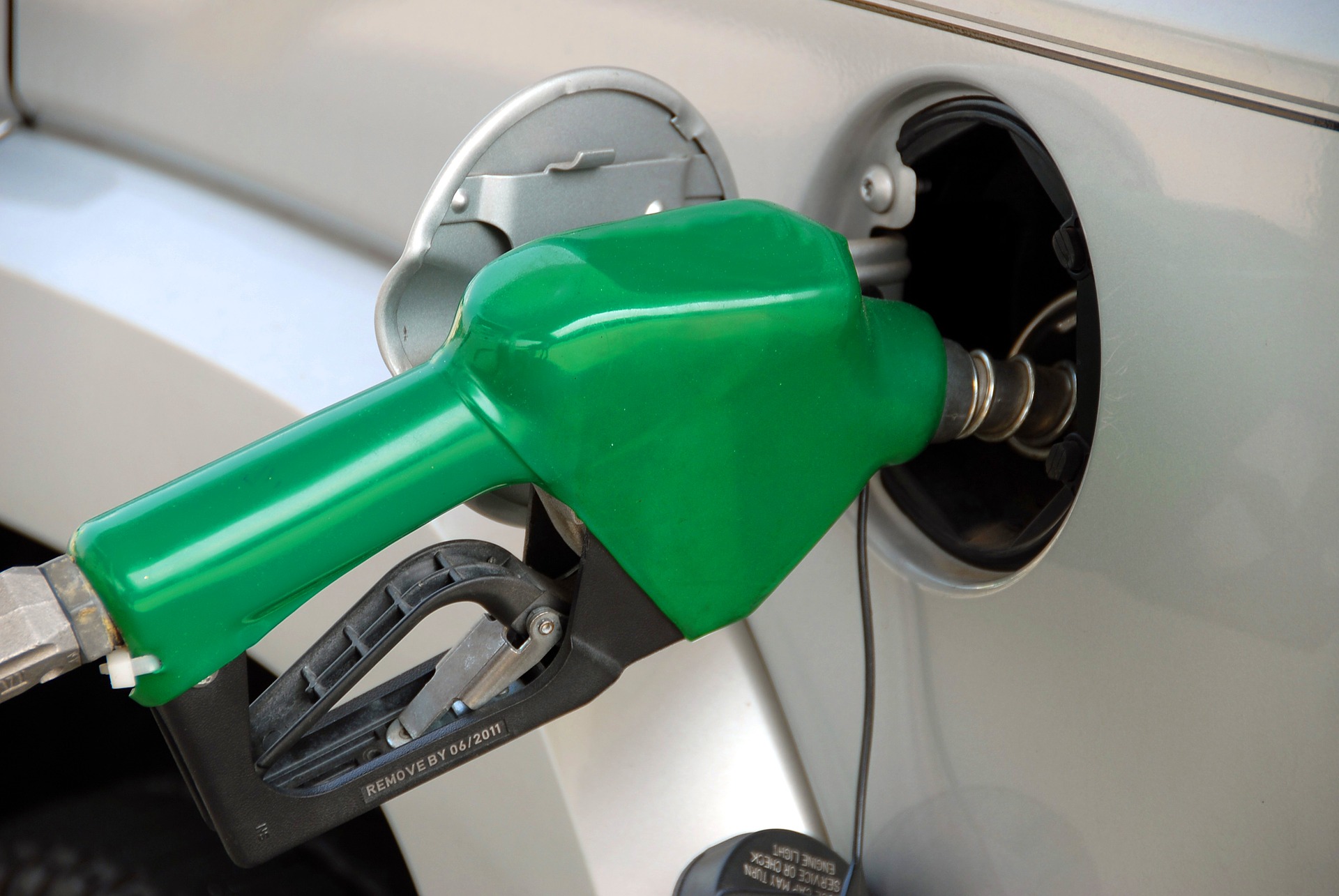
MOL introduced the restriction, because large companies contracted at wholesale prices started to buy fuel at service stations, as they would not otherwise be subject to the price cap.Continue reading

The wholesale prices of petrol and diesel have again risen sharply. Thanks to the capped prices, customers are not affected and foreign transport companies are also on the winning end of the measures, while due to a recent government decree that cut their losses, petrol stations got a lifeline to survive. However, wholesalers are losing a lot, and so do those with individual contracts, such as public transport companies.
Today, on Wednesday, the purchase price of petrol increased by 41 forints gross, while the price of diesel is rising by 66 forints for those who buy fuel from a wholesaler and are not retailers but other customers with individual contracts. While the difference cannot be claimed by wholesalers from retailers, or retailers reselling the fuel, there is no such restriction for individual contractors, Telex reports.
The price cap means that petrol stations can still buy fuel at 480 forints since the government capped the wholesale price at HUF 480, thereby shifting the burden of the price freeze, to put it somewhat simplistically, from petrol stations to wholesalers, G7 reports. However, without the official price cap, the average price of petrol from Wednesday would be for 95 petrol: 594 forints/liter, diesel: 640 forints/liter.
According to G7, shifting the burden was well-timed because retailers would not have been able to sustain such a price differential, but a significant proportion of wholesalers are well-capitalized, integrated oil companies that can spread the loss over their operations to some extent.
However, G7 also reports that already the 480 fuel price is becoming less and less sustainable.
The Ukrainian war and the sanctions have caused oil prices to rise by more than 20 percent.
There are no words to describe how absurd the 480 price freeze is in the current context of runaway product prices,”
a source from the energy market told G7.
Even a liter of petroleum is more expensive than the price of a liter of processed fuel, excluding taxes, at Hungarian wells. With capped prices, wholesalers have been receiving roughly 272 forints for diesel and 262 for petrol after tax, since last Monday. For diesel, the benchmark exchange price was already about 30-40 forints higher last week, and now the difference is 70-80 forints. Accordingly, wholesalers are increasing their prices to those market players not covered by the wholesale price freeze. This is because the regulation has fixed the tariff only for wells. Anyone buying fuel as an end-user, such as public transport companies, will continue to pay the market price.
Holtankoljak.hu estimates that without the price cap, diesel would currently cost 640 forints at the pumps, while 95-grade petrol would cost 594 forints.
Featured image via Pixabay